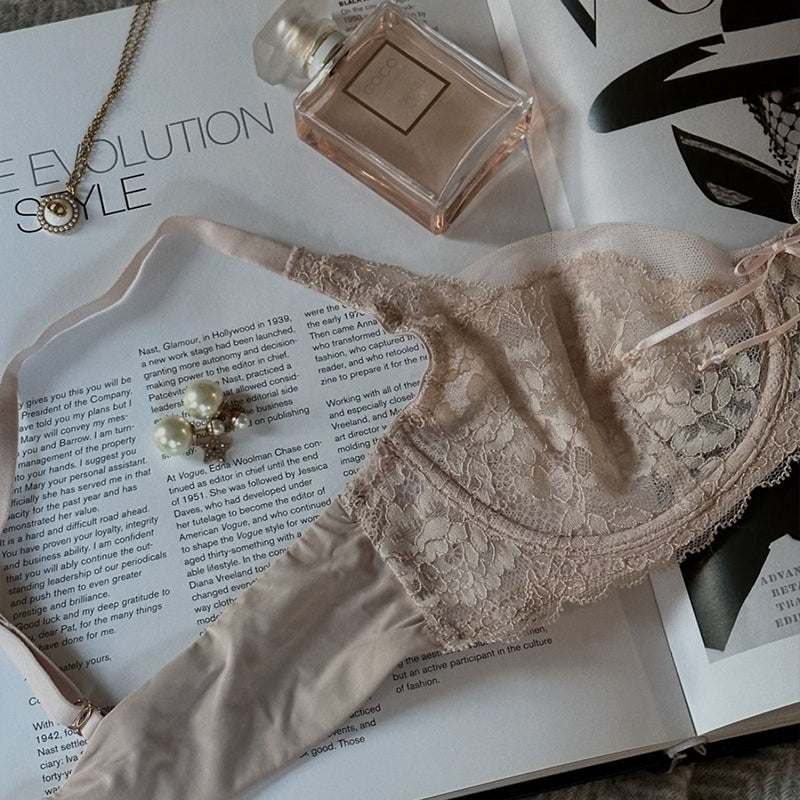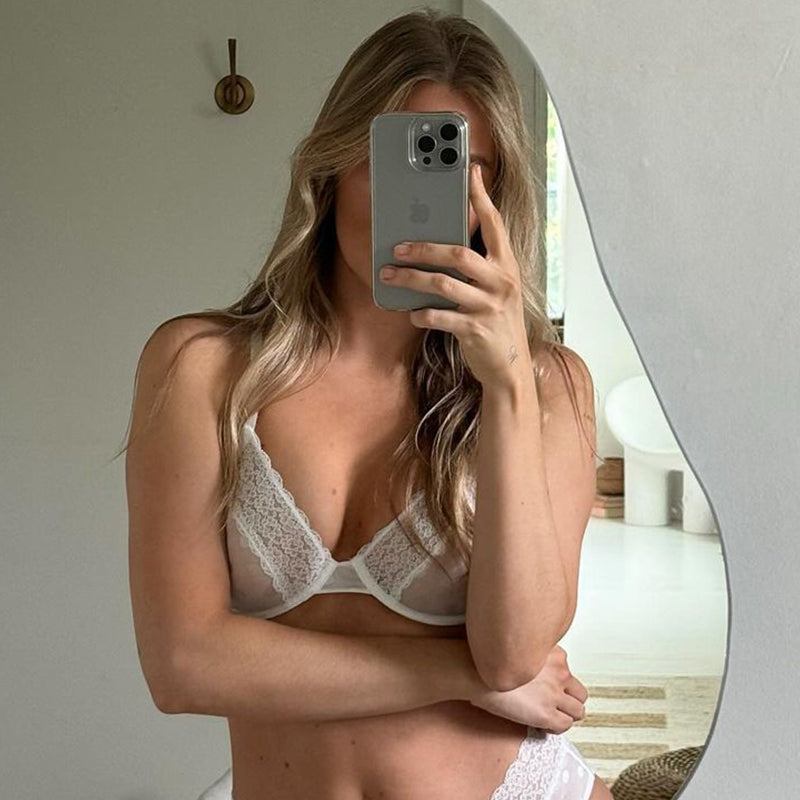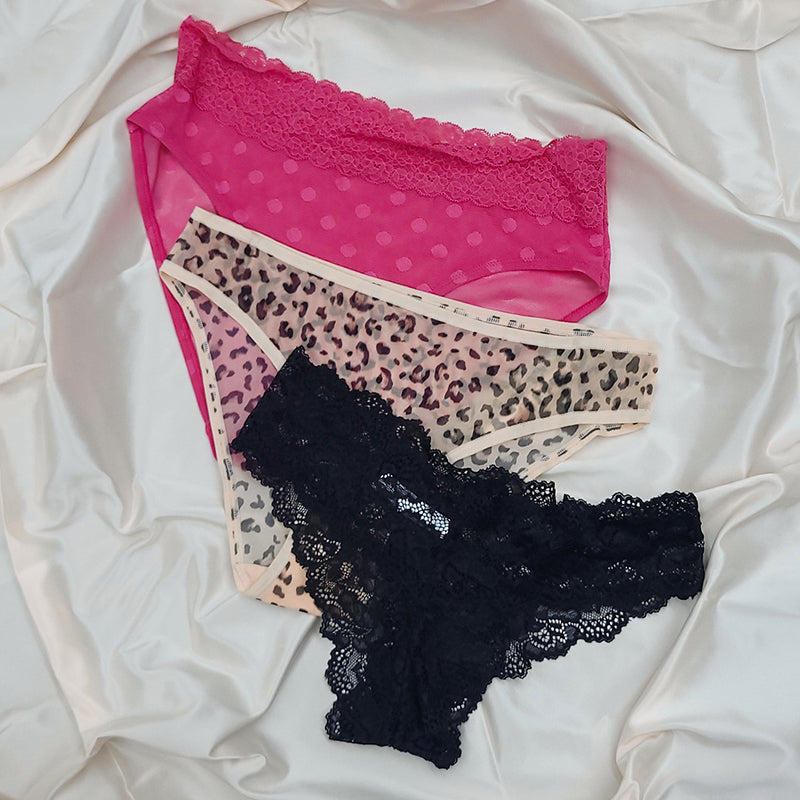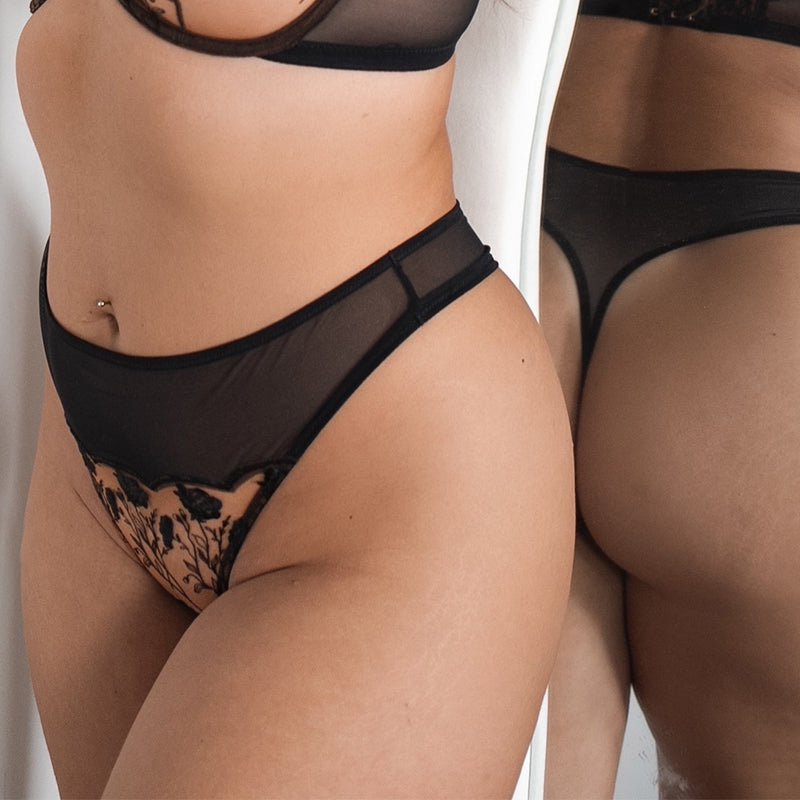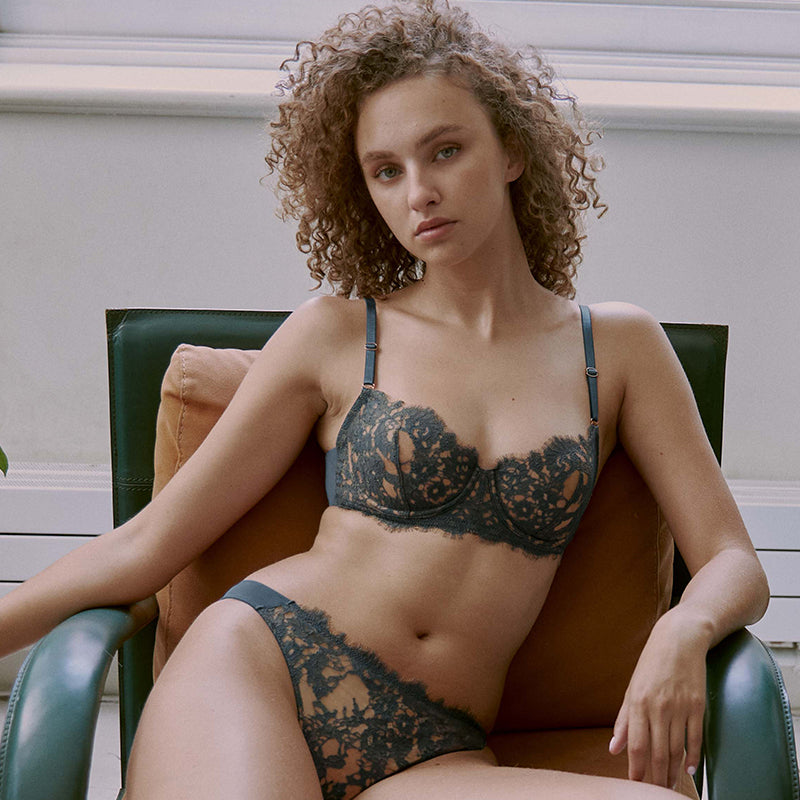Breast Cancer Awareness- Devon Sanders

1. First, we'd love to learn more about you. Please share your name, age, and, if you're comfortable, your date of diagnosis and remission.
Devon Sanders | 36 | June of 2021
2. At what stage were you initially diagnosed? Did your diagnosis change, and if so, how did it evolve?
Stage 4
3. How was the cancer initially detected? For example, through a breast self-exam (BSE), a clinical breast exam (CBE), or an annual mammogram?
The cancer had spread to my bones before my diagnosis, which led to a compression fracture in my spine and other injuries throughout my body. Finally, after enduring months of pain, I went to a primary dr who ordered an MRI of my spine.
4. Is there a history of breast cancer in your family?
No
5. Could you share more about your treatment process?
My first year of treatment was through hormone therapy, which consists of daily pills and monthly injections. This worked well with manageable side effects. After about a year of that working, the cancer progressed to my liver, and I had to start intravenous chemo immediately. I've been doing that about every three weeks for the last 7 months.
6. Were you offered any programs or services to assist with the treatment process?
No
7. Could you please share a challenging part of your journey and describe what was helpful in overcoming it?
With late stage cancer, it's difficult not to focus on death every minute of the day. It's beyond overwhelming and destroys your mental health. For me, dealing with the mental and emotional struggles have been more taxing than the physical side of cancer. After months of crying and falling deeper into depression, I decided to start taking anti-depressants. These have helped me focus on the present rather than obsessing on negative thoughts.
8. What are some of your favorite tips or resources you'd like to share with other breast cancer survivors or patients?
This can be a lonely disease. Find friends, peers, or online groups of people going through the same thing. Being able to talk about your struggles with someone who gets it, validates your feelings and allows you to feel less isolated.
9. What advice would you offer for supporting a loved one who is going through breast cancer?
Focus on one day at a time instead of dwelling on what may or may not be in the future.
10. What advice or message would you offer to women who have not been diagnosed with breast cancer but are considering self-checks and proactive measures for early detection and prevention?
Cancer can hit you at any age, whether you live a healthy lifestyle or not. Be aware of signs when your body is telling you something is wrong. If something ever feels weird or off, don't wait to get it checked out. Prioritize your health over everything else, it could save your life.
11. What type of bra would you recommend to breast cancer survivors or current fighters to ensure comfort, support, and overall well-being?
When comfort is key, wireless bras feel best.
12. At Skarlett Blue, we aspire to empower you to feel confident, beautiful, and comfortable in your own skin by creating lingerie that effortlessly blends style, quality, fit and comfort. How does this align with your current journey or stage in life?
With cancer, I don't always feel like myself anymore. Although my first priority is staying healthy and alive, I want to feel confident and beautiful. I'm still here and I don't want to feel less than.
13. Is there any other information you would like to share with us?
I felt weird lumps in my breast that would sometimes hurt and I assumed it was from breastfeeding. I kept it to myself because breast cancer never crossed my mind. I wish gynecologists would do more to educate women about the signs of breast cancer.

